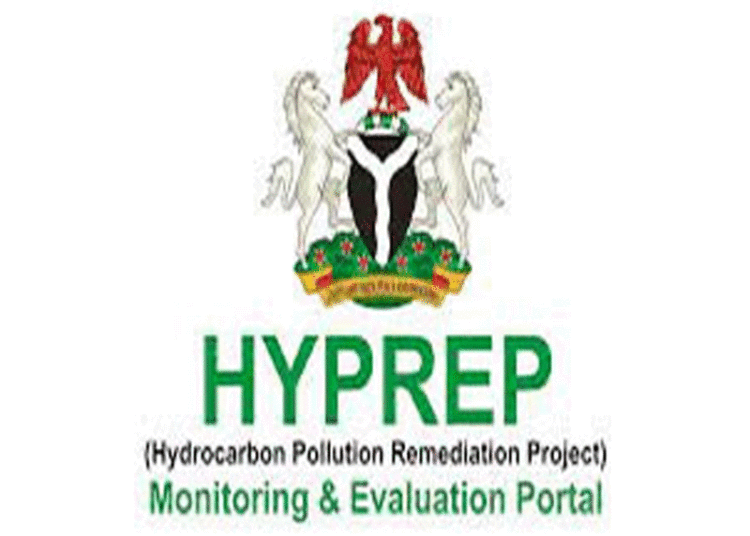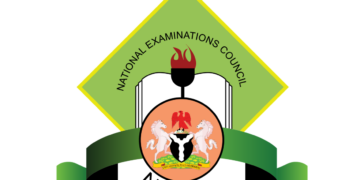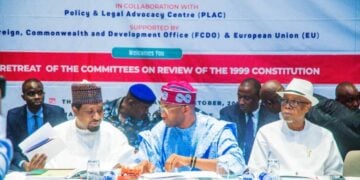The Hydrocarbon Pollution Remediation Project (HYPREP) has outlined the scope of its environmental restoration efforts in Ogoniland before the House of Representatives Ad Hoc Committee on the Mismanagement of Oil Spill Clean-up Funds in the Niger Delta, emphasising steady progress in site remediation, livelihood empowerment, and water projects.
Appearing before the Hon. Okpolump Etteh-led committee recently in Abuja, the project coordinator, Prof Nenibarini Zabbey, stated that 17 contaminated sites have been successfully remediated while 65 others are at various stages of assessment and cleanup.
The project coordinator said beyond remediation, HYPREP has expanded its mandate to include livelihood restoration, health interventions, and infrastructure development aimed at improving the lives of Ogoni residents affected by decades of oil pollution.
He further detailed HYPREP’s progress across critical sectors, reaffirming government commitment to environmental recovery and sustainable development in Ogoniland.
HYPREP highlighted the deployment of advanced cleanup technologies, including renewable reactive barriers and non-intrusive remediation methods, to address complex and high-risk areas while preserving homes, shrines, and cultural heritage sites.
While emphasising that thousands of Ogoni youths and women have also benefited from skills acquisition programmes in agriculture, renewable energy, tailoring, and ICT, the coordinator explained that the programmes were designed to promote sustainable livelihoods and reduce dependence on oil-related activities.
He further reiterated that in its efforts to improve access to clean water, HYPREP rehabilitated and constructed community water schemes across the four Ogoni local government areas, giving residents access to safe and potable drinking water.
Zabbey emphasised that all project procedures follow strict transparency standards and international best practices, noting that some activities required selective procurement due to their technical complexity.
“Our work goes beyond cleaning up oil spills,” he told lawmakers. “We are rebuilding livelihoods, restoring confidence, and creating a sustainable environmental legacy for the Ogoni people.”
“On health and environmental initiatives, the project has organised medical outreaches and upgraded health facilities to address pollution-related illnesses and strengthen healthcare delivery in impacted communities,” he stated.
Committee members commended aspects of HYPREP’s progress but urged the agency to ensure full compliance with financial and monitoring regulations, including engaging independent experts and civil society groups in its evaluation processes.
Despite raised queries, the committee acknowledged that the Ogoni cleanup remains one of the most ambitious environmental restoration projects in Africa, with HYPREP playing a critical role in balancing remediation, community empowerment, and transparency.





